Beautiful Companion Plants For Solomon's Seal
Beautiful Companion Plants for Solomon's Seal
Solomon's seal is a beautiful, graceful perennial that is perfect for shady gardens. It has arching stems of white or pink flowers that bloom in early spring, and its foliage remains attractive throughout the summer. Solomon's seal is relatively low-maintenance, and it is easy to find companion plants that will complement its beauty.
Here are some of the best companion plants for Solomon's seal:
- Ferns: Ferns are a classic choice for shady gardens, and they come in a wide variety of shapes, sizes, and colors. Some good options for companion plants for Solomon's seal include maidenhair fern, Japanese painted fern, and Christmas fern.


- Hostas: Hostas are another popular choice for shady gardens. They come in a wide variety of colors, from bright yellow to deep purple. Hostas also have large, textured leaves that provide a nice contrast to the delicate foliage of Solomon's seal.
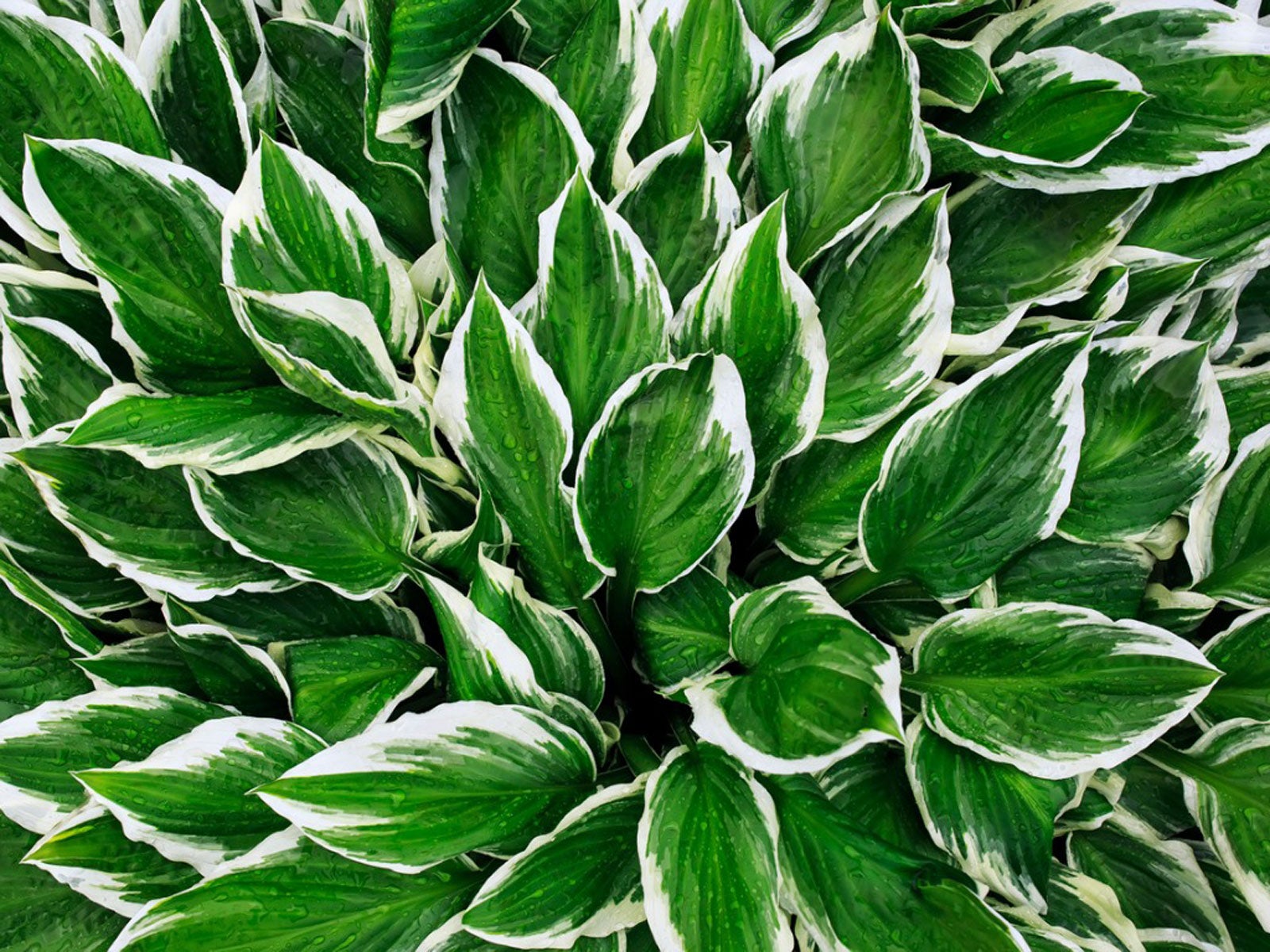
- Bleeding hearts: Bleeding hearts are a beautiful, spring-blooming perennial that is perfect for shady gardens. They have delicate, heart-shaped flowers that hang down from arching stems. Bleeding hearts are a bit more finicky than some of the other plants on this list, but they are well worth the effort.
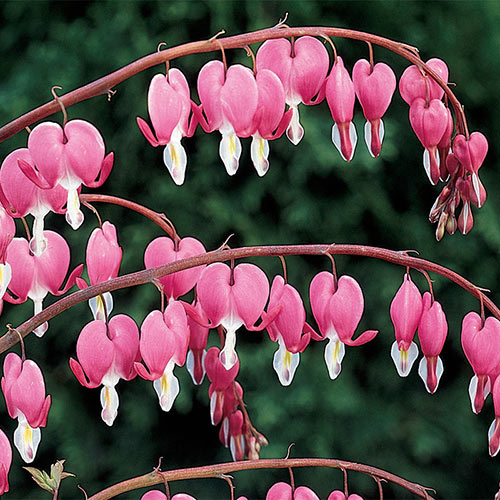
- Foamflower: Foamflower is a low-growing perennial that has clusters of white or pink flowers that bloom in early spring. It has delicate, fern-like foliage that provides a nice contrast to the arching stems of Solomon's seal. Foamflower is also relatively easy to care for.
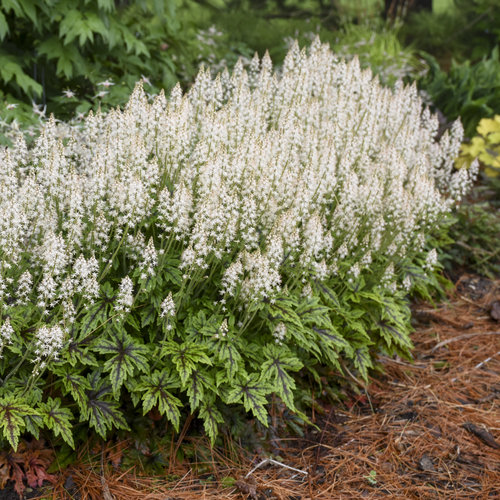
- Coralbells: Coralbells are another low-growing perennial that has attractive foliage. The leaves are often variegated with shades of red, pink, or white. Coralbells bloom in late spring or early summer, and they have clusters of small, pink or white flowers.
- Epimedium: Epimediums are a group of shade-loving perennials that are known for their attractive foliage. The leaves are often variegated with shades of green, yellow, pink, or purple. Epimediums bloom in early spring, and they have clusters of small, pink or white flowers.
These are just a few of the many companion plants that can be used with Solomon's seal. When choosing companion plants, it is important to consider the size, shape, and color of the plants. You want to choose plants that will complement the beauty of Solomon's seal, and that will not overpower it.
With a little planning, you can create a beautiful and harmonious shade garden that features Solomon's seal and its companion plants.
Solomon's seal is a beautiful shade-loving perennial that can add a touch of elegance to any garden. But what plants should you pair it with?
Here are a few suggestions for companion plants for Solomon's seal:
- Hostas: Hostas are a classic choice for shade gardens, and they come in a wide variety of colors and leaf shapes. They make a great backdrop for Solomon's seal, and they will help to fill in any gaps in your garden.

- Ferns: Ferns are another excellent choice for shady spots. They add a touch of sophistication to any garden, and they will help to keep the soil moist around your Solomon's seal.
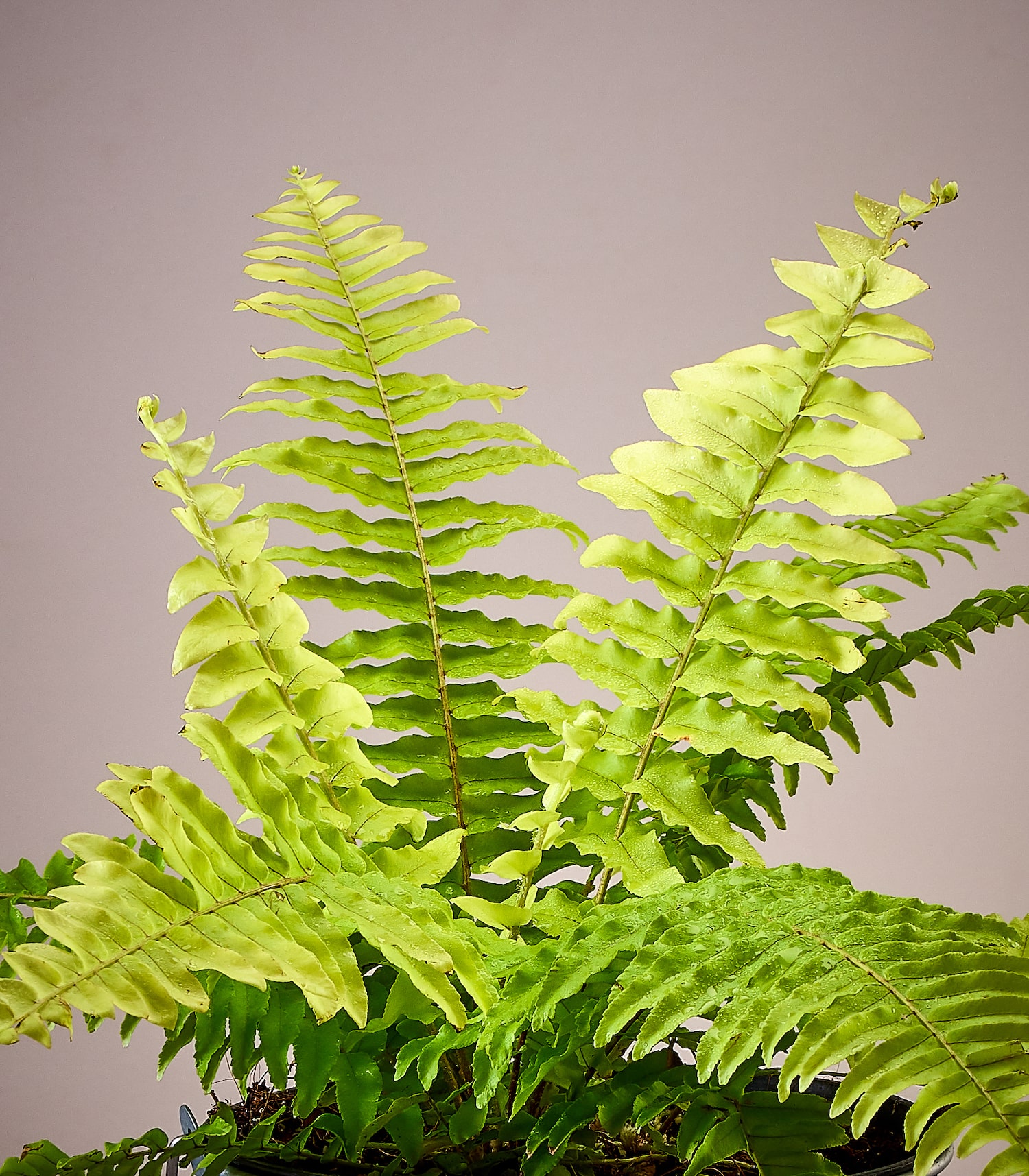
- Bleeding hearts: Bleeding hearts are a popular choice for spring gardens, and their delicate flowers are a perfect complement to Solomon's seal.
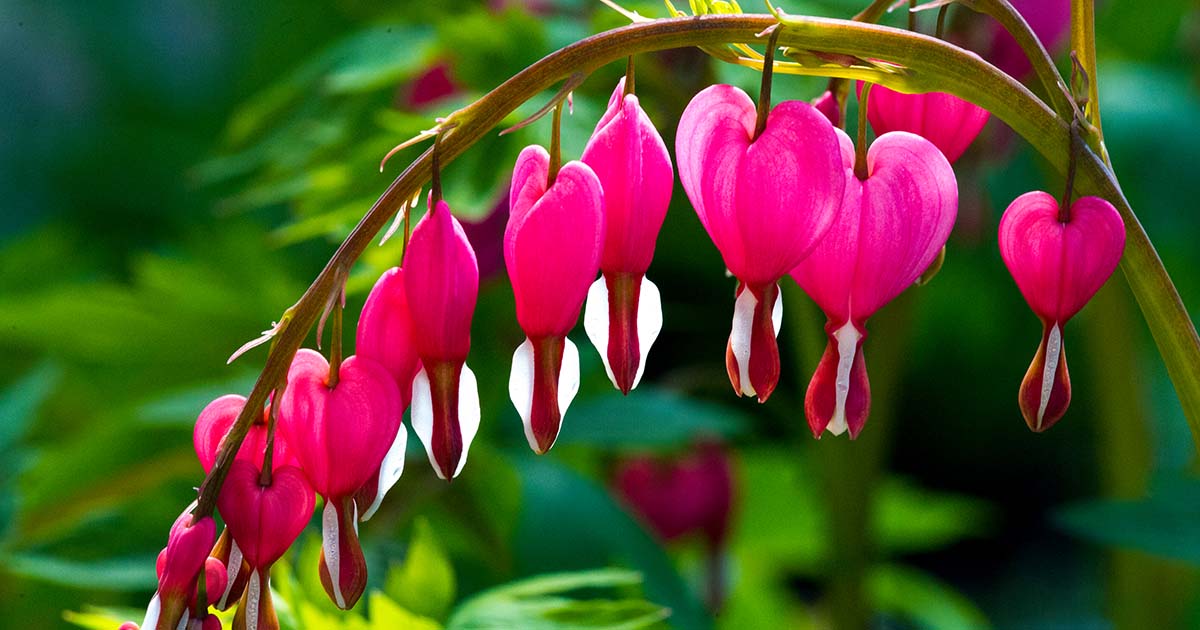
- Woodland phlox: Woodland phlox is a low-growing perennial that blooms in shades of pink, purple, and white. It makes a great groundcover for shady areas, and it will help to add some color to your garden.
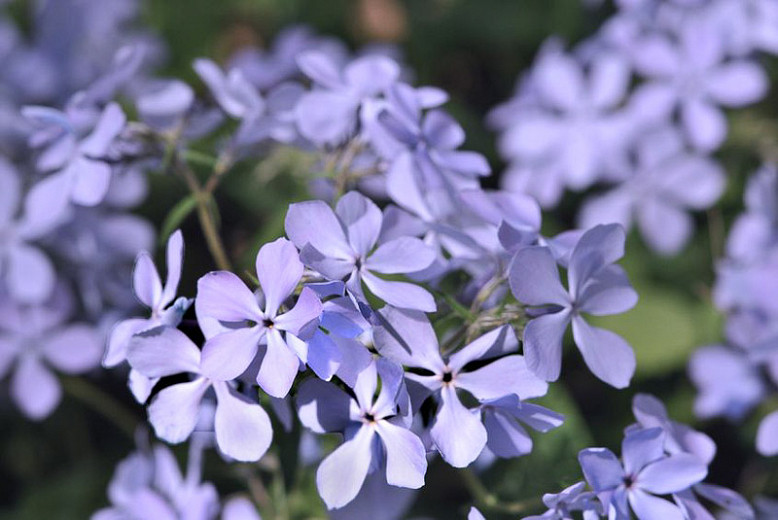
- Lungworts: Lungworts are another low-growing perennial that is well-suited for shady areas. They have attractive foliage that is often variegated, and they produce clusters of small blue or pink flowers in spring.
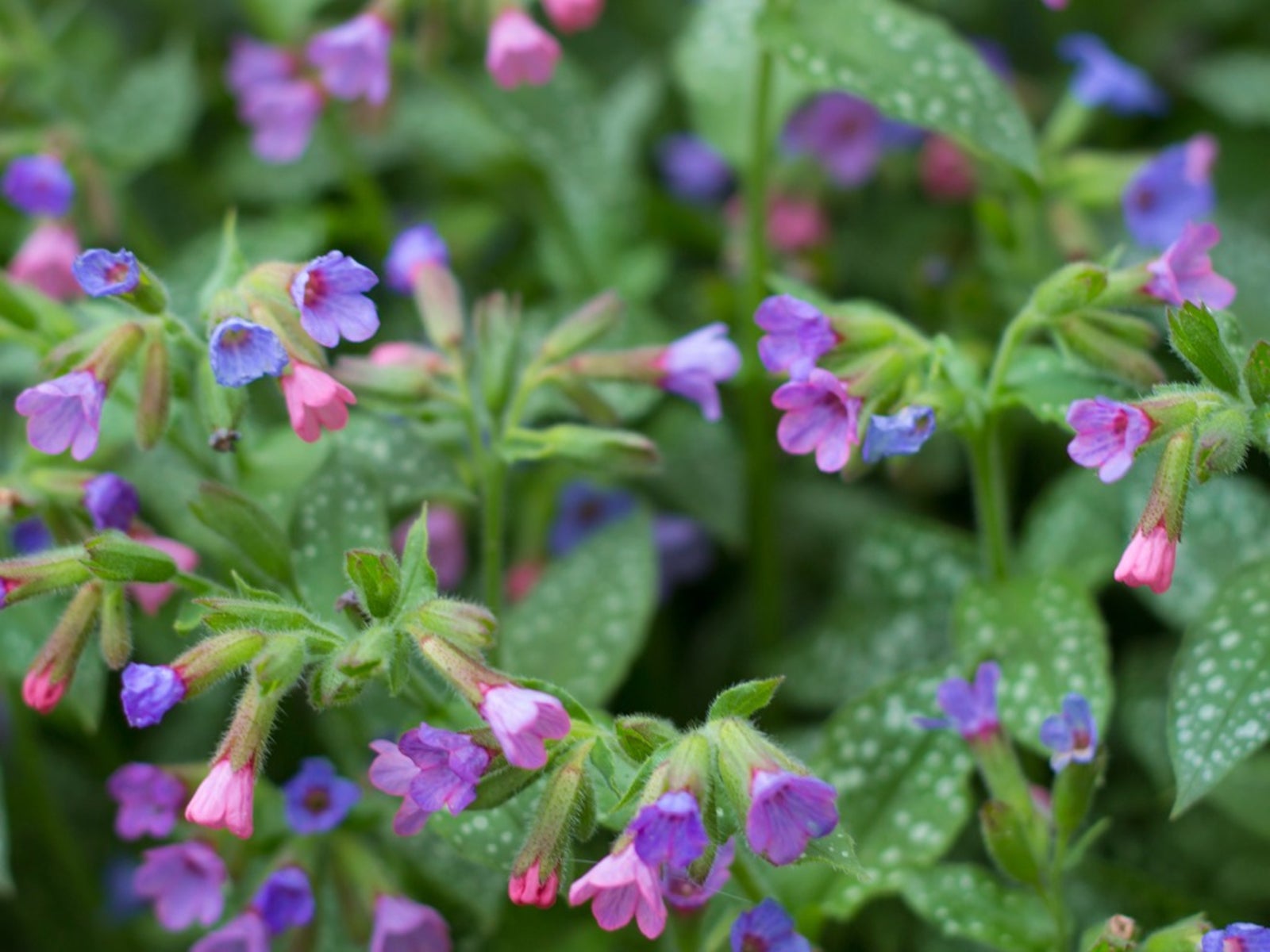
For more information about companion plants for Solomon's seal, please visit Gardenia Inspiration.
FAQ of solomon's seal companion plant
What are some good companion plants for Solomon's seal?
Solomon's seal is a shade-loving perennial that can be paired with a variety of other plants to create a beautiful and diverse garden. Some good companion plants for Solomon's seal include:
- Ferns: Ferns are a natural companion for Solomon's seal, as they both prefer shade and moist soil. Some good choices include Christmas fern, Japanese painted fern, and maidenhair fern.
- Hostas: Hostas are another popular choice for shady gardens, and they come in a wide variety of colors and sizes. They can be paired with Solomon's seal to create a layered and textured planting.
- Heucheras: Heucheras are known for their colorful foliage, which can add a pop of color to a shady garden. They also tolerate a wide range of soil conditions, making them a good choice for growing alongside Solomon's seal.
- Woodland phlox: Woodland phlox is a beautiful wildflower that blooms in the spring. It is a good choice for attracting butterflies and other pollinators to the garden.
- Bellworts: Bellworts are another type of wildflower that blooms in the spring. They have delicate, bell-shaped flowers that are a lovely complement to Solomon's seal.
What are the benefits of companion planting with Solomon's seal?
There are many benefits to companion planting with Solomon's seal. Some of these benefits include:
- Improved plant health: Companion plants can help to improve the health of Solomon's seal by deterring pests and diseases. For example, ferns can help to shade the soil around Solomon's seal, which can help to prevent the spread of fungal diseases.
- Increased pollination: Companion plants can help to increase pollination of Solomon's seal. This is because many companion plants attract pollinators, such as butterflies and bees, which help to spread pollen from flower to flower.
- Enhanced beauty: Companion plants can help to enhance the beauty of Solomon's seal by adding different colors, textures, and heights to the garden. This can create a more visually appealing and interesting garden.
What are some common mistakes to avoid when companion planting with Solomon's seal?
There are a few common mistakes to avoid when companion planting with Solomon's seal. These include:
- Planting too close together: Solomon's seal can spread quite quickly, so it is important to plant it far enough apart from other plants so that they have enough room to grow.
- Planting in full sun: Solomon's seal prefers shade, so it is important to plant it in a location that receives partial to full shade.
- Overwatering: Solomon's seal is susceptible to root rot, so it is important to water it only when the soil is dry to the touch.
Where can I find more information about Solomon's seal companion plants?
There are a number of resources available to learn more about Solomon's seal companion plants. Some of these resources include:
- The American Horticultural Society: The AHS has a website with a wealth of information on Solomon's seal, including companion planting tips.
- The Royal Horticultural Society: The RHS also has a website with information on Solomon's seal, including companion planting tips.
- Local garden centers: Local garden centers often have staff who can provide advice on companion planting with Solomon's seal.
Image of solomon's seal companion plant
- Solomon's seal and hostas. Hostas are a classic companion plant for Solomon's seal, as they both prefer partial shade and moist soil. They also have a similar leaf shape and color, so they look great planted together.
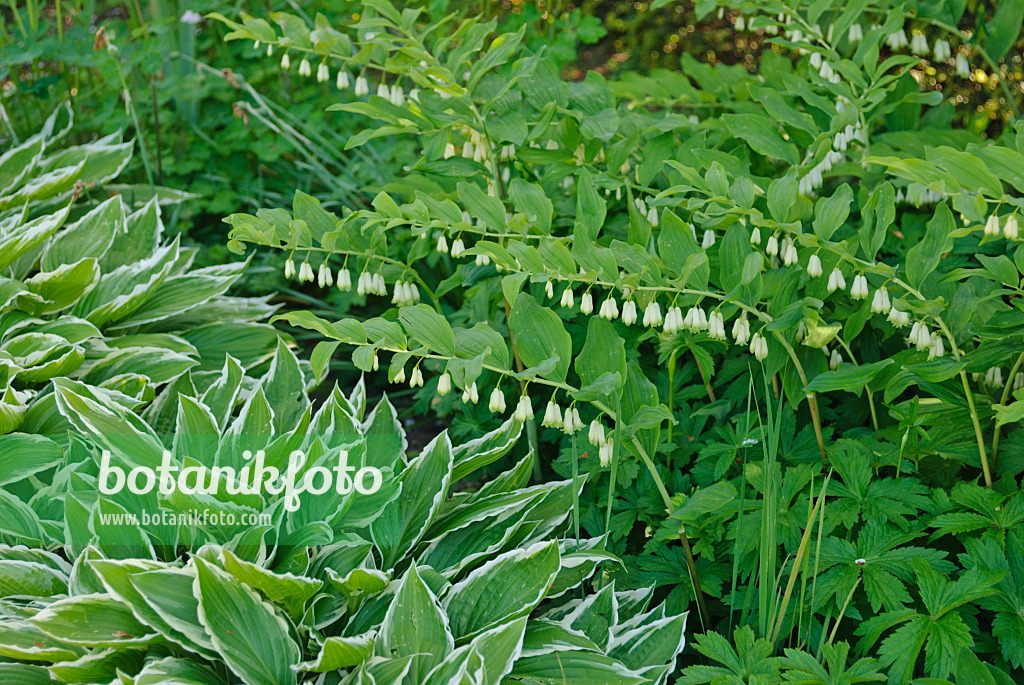
- Solomon's seal and ferns. Ferns are another good choice for companion plants for Solomon's seal. They add height and texture to the garden, and they can help to suppress weeds.
- Solomon's seal and lungwort. Lungwort is a beautiful shade-loving perennial with purple or blue flowers. It blooms in the spring, just as Solomon's seal is starting to flower.
- Solomon's seal and bellwort. Bellwort is a small, delicate perennial with white or yellow flowers. It blooms in the spring, and it's a great way to add some color to your shade garden.
- Solomon's seal and foamflower. Foamflower is a low-growing perennial with white or pink flowers. It blooms in the spring, and it's a great way to add some groundcover to your shade garden.
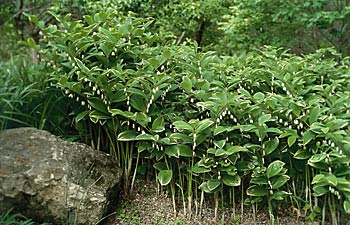
Post a Comment for " Beautiful Companion Plants For Solomon's Seal"